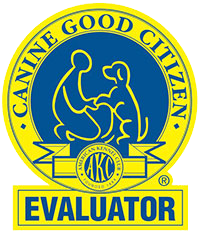
Not the ones in your pets’ body but the toxic joints. Now that marijuana is becoming increasingly legalized and more normalized, general practitioners are seeing a rise in intoxication cases more than ever before. Diagnostic testing is very limited to THC in your typical general practice, and diagnosis is usually based on clinical signs that your pet is experiencing. Symptomatic, supportive care generally leads to good outcomes.
The biggest help with diagnosing THC intoxication in our four-legged companions is if you just tell us. THC affects certain receptors in dogs called CB1(psychoactive) and CB2 (inflammation and pain) (Wismer, 2024). Clinical signs can appear from 30 minutes after ingestion to several hours after, and symptoms can last for up to 72 hours. Treatment is symptomatic and supportive care can vary depending on the time of ingestion. Prognosis is usually very good and rarely have there ever been any reported deaths due to THC toxicity. Cases are becoming more frequent over the years due to potency, access, and typically on client’s willingness to admit exposure (Wismer, 2024).
Cases for THC toxicity do not need to be reported. In short, your veterinary staff will be the last group of individuals to judge what anyone does in their downtime. We just want to help your pets because that’s all we really care about.
Wismer, T. (2024, February 12). Marijuana intoxication in cats and dogs. Today’s Veterinary Practice. https://todaysveterinarypractice.com/toxicology/marijuana-intoxication-in-cats-and-dogs/

Contact Us
Regular check ups with a veterinarian are important for your pet's health. Contact us today to schedule your next appointment.





